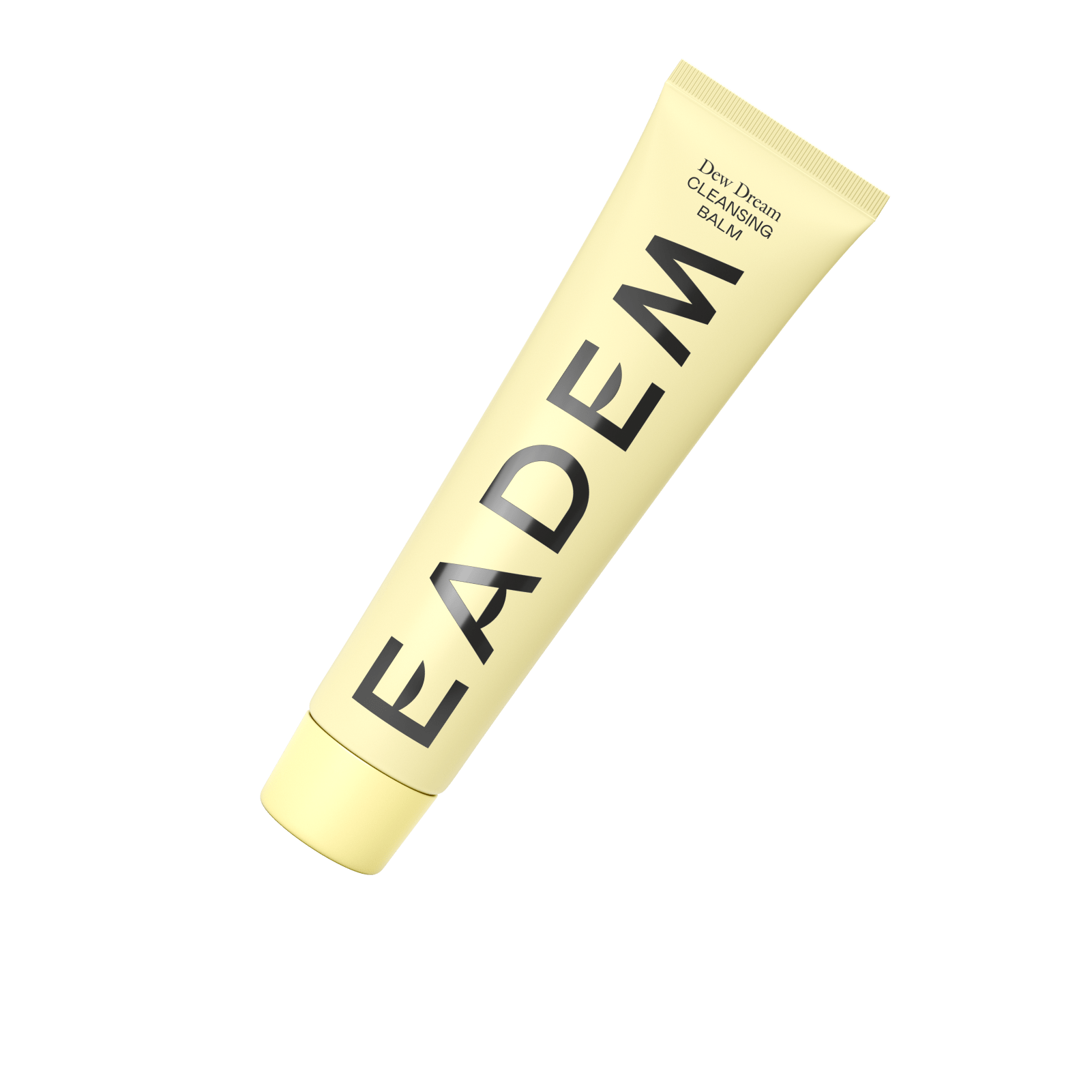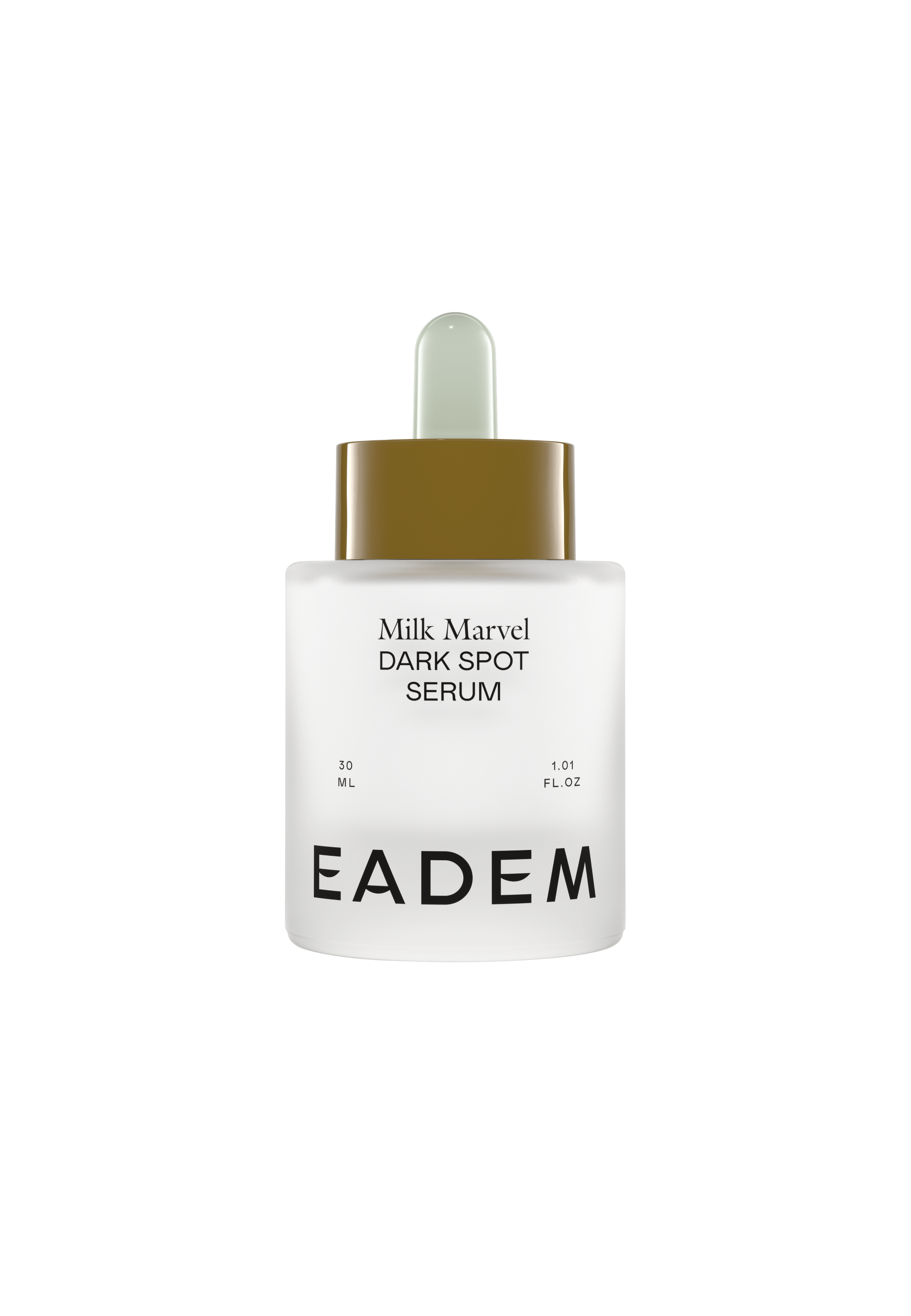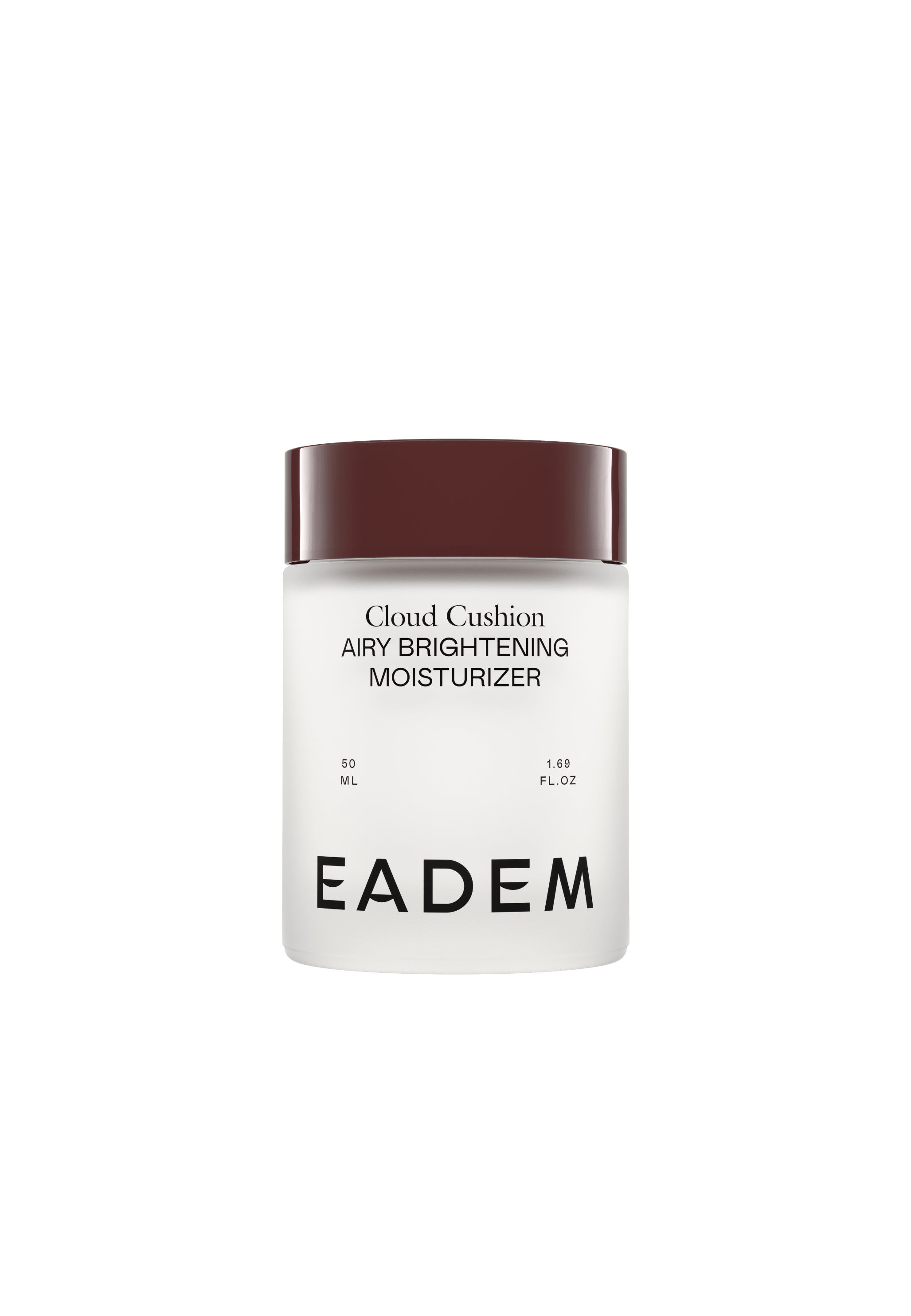Brown Girl Hands Makes Space for Black Individuality in Beauty
Sergei Celementa @ 2022-05-06 08:28:19 -0400Founder Hannah Harris is paving the way for the next generation of Black women and brands to rise.
They say mother knows best, and I started Brown Girl Hands, a beauty photography product studio, partly because of my mom. After our bi-weekly nail appointment, I pulled my signature Glossier Balm Dot Com from my favorite purse. “Your nails match your balm,” she observed, pointing to my baby blue and yellow french tips that matched the tube’s color palette. “You should take a photo and send it to them.”
I laughed, but my mother’s simple comment stuck with me. It reminded me not only of my beloved high school camera, which was collecting dust in my room, but also of Jessica Defino’s impactful article “Where Are All the Brown Hands?” which I had read a few weeks earlier. In the article, Defino counted how long it took her to find a single brown hand on several beauty Instagram pages. For one brand, it took her 16 rows. For another, she had to scroll almost three years back, from 2020 to 2017.
Inspired by my mom and appalled by these figures, I created my own Instagram account called Brown Girl Hands.
Within three days of my first post, Brown Girl Hands was featured everywhere from Hypebae to Nylon. Suddenly I was being praised for bringing awareness to the lack of diversity in beauty product photography. I didn’t even have an official email address, but somehow I found myself with a small business and brands eager to get their products into my hands — quite literally. Six months, five thousand followers, and thirty clients later, everyone wants to know how I did it, but what I’m more interested in talking about is why Brown Girl Hands exists at all.
On the surface, Brown Girl Hands looks like it’s just about hand representation. However, at its core, it’s about Black and Brown women being seen in and by the beauty industry. Not just as consumers or, worse, stereotypes, but as whole individuals. I am fortunate enough to have created a platform that embraces our multi-hyphenate existences and aesthetic preferences.
On the surface, Brown Girl Hands looks like it’s just about hand representation. However, at its core, it’s about Black and Brown women being seen in and by the beauty industry. Not just as consumers or, worse, stereotypes, but as whole individuals. I am fortunate enough to have created a platform that embraces our multi-hyphenate existences and aesthetic preferences.
This is counter to what society teaches Brown and Black women. I can tell you firsthand that from a young age Black women are taught that their fashion and beauty choices are definitively political. Whether I choose to wear my hair big and curly or straight silk pressed for an event is the difference between me being seen as a mess or perfectly polished. Whether I chose to wear my favorite large hoops or tiny respectable studs for an interview is the difference between me being seen as ghetto or professional. For Black women, there is no room for nuance, interpretation, or individuality in society.
This has repercussions that reverberate beyond Black women’s personal lives. For example, a social media editor once said she didn’t post Black hands because they weren’t “aesthetic” enough and didn’t get enough engagement. I interpreted her comment as Black hands weren’t visually appealing enough, soft enough, or pretty enough and ultimately didn’t fit her tunnel vision perception of beauty. But who gets the right to define beauty and aesthetics anyway?
With Brown Girl Hands, I can remake definitions of beauty to include us. I can make space for the Black community to exist in a realm of minimalism and aesthetics.
With Brown Girl Hands, I can remake definitions of beauty to include us. I can make space for the Black community to exist in a realm of minimalism and aesthetics. That’s why I use natural light and nude nails in my work: to show there are many ways to portray Black beauty. And I can create space for my multi-hyphenate existence — child of immigrants, 4.0 student, former competitive dancer, budding photographer, person with eczema, big glasses and an even bigger smile, writer, marketer, activist — and therefore others’ too.
Brown Girl Hands is a product photography studio. Beyond that, it’s a social initiative that shows that big hair belongs at the gala, hoop earrings belong at the interview, and Black hands belong holding the industry’s most coveted products.
While all the media attention proved that the project and our mission resonated, with visibility came an unsettling anxiety. I wondered if what I was doing was just a trend. I also found myself, like many other publicly-recognized Black women, in the uncomfortable position of being a spokesperson. I felt an immense, unspoken pressure that everything that I did, said, or accomplished was somehow reflective and representative of the entire Black community, which just isn’t true.
When I feel overwhelmed, I remember the words of poet laureate Amanda Gorman, who said: “You really have to crown yourself with the belief that what I’m about and what I’m here for is way beyond this moment.” Even though Black and Brown women are getting more visibility during #BlackLivesMatter activism, we’re here to create lasting change for years to come.
When I feel overwhelmed, I remember the words of National Youth Poet Laureate Amanda Gorman, who told Michelle Obama: “You really have to crown yourself with the belief that what I’m about and what I’m here for is way beyond this moment.” Even though Black and Brown women are getting more visibility during #BlackLivesMatter activism, we’re here to create lasting change for years to come. Brown Girl Hands exists because of the hard work of countless Black women, like Aurora James of the 15% Pledge and Ella Gorgla and Cara Sabin of 25 Black Women in Beauty. They paved the way for the next generation of Black women and brands to rise — and I hope Brown Girl Hands continues that legacy for the women who come next.


